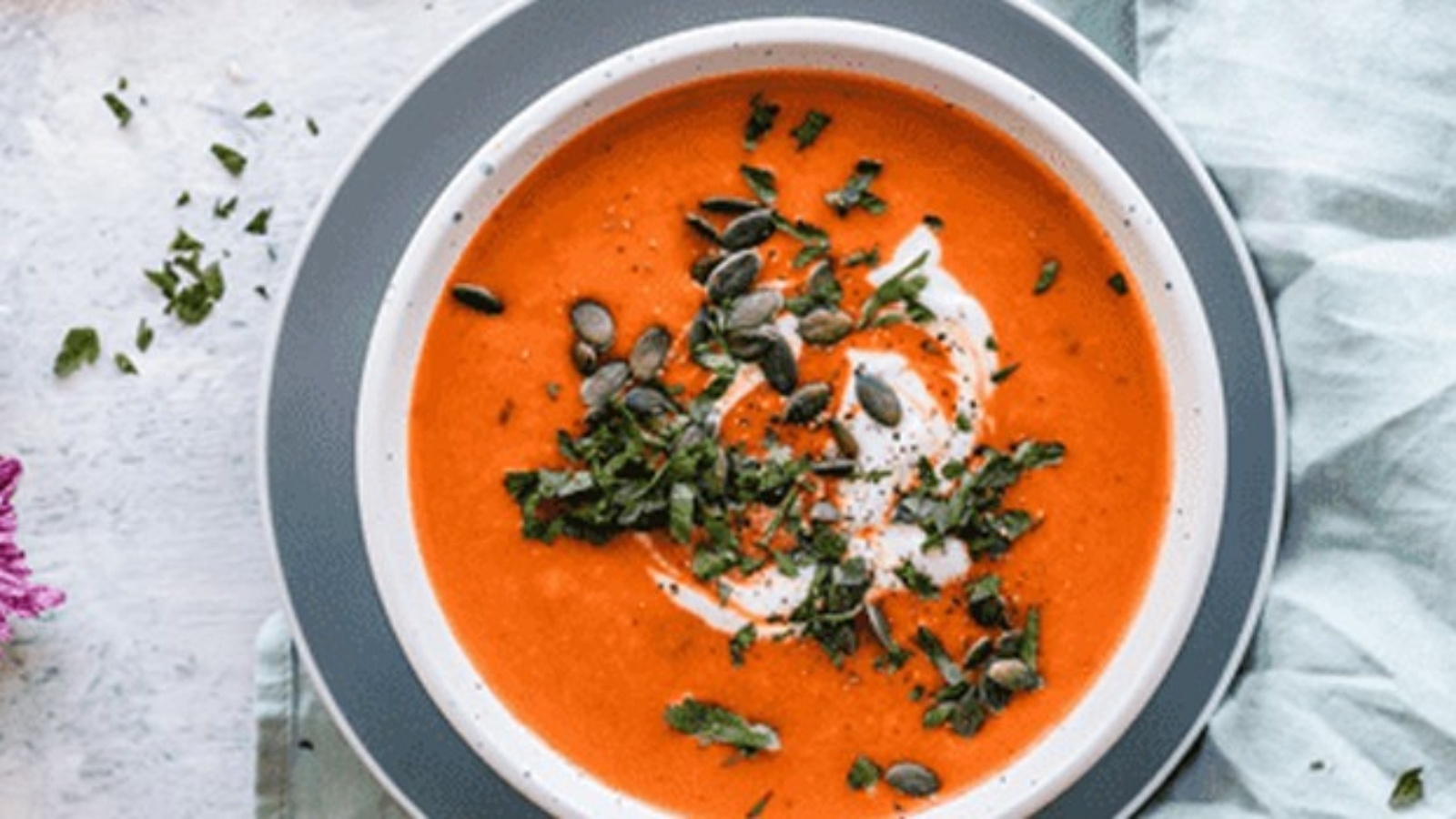Many people who intend to improve their immunity are not sure about what to eat in winter. To maintain a healthy diet in the winter season, it’s important to choose foods that are natural Ayurvedic immunity boosters. Immunity-boosting foods are those which are fresh, organic, easily digestible, and wholesome. Some of the best foods to eat in winter are fresh milk, fruits and vegetables, whole grains, and ghee (clarified butter).
Winter foods that are easily digestible are ideal if you want to increase your immunity. It’s also important to avoid commercially processed food, foods produced with chemicals and preservatives, or even those which are canned, frozen, and packaged. This is because they disrupt the functioning of the digestive system and the immune system.
Your winter food items should also be those which are warm, lightly cooked, less oily and spicy. In Ayurveda, there is the mention of six distinct tastes, namely Sweet (Madhura), Salty (Lavana), Pungent (Katu), Sour (Amla), Bitter (Tikta), and Astringent (Kashaya). Each of these tastes comprises of two distinct elements. Although the foods to eat in winter should have a balance of all tastes, however, your winter diet should include the sweet, sour, and salty tastes more than the astringent, bitter, and pungent tastes.
Home-cooked foods are some of the best winter season foods, provided they aren’t deep fried and are cooked with light oils such as ghee or olive oil. You should also avoid cold food and chilled beverages and instead eat warm food and room temperature beverages. This will help keep your digestive fire burning and keep your body warm.
Another good food for the winter season is tea since it helps in good digestion. You can sip a cup of tea after meals. Some of the other winter healthy foods are heat-producing vegetables such as radish, onions, carrots, and spinach and hot spices such as garlic, ginger, black pepper, and chili pepper. You can add a range of cooked grains such as oatmeal, barley, tapioca, and cornmeal to your diet in winter. Moreover, legumes are a good option since they are good for Kapha and should be consumed with ghee so as to reduce the effects of Vata. Although it’s best to avoid dairy in winter, however, a glass of hot milk with turmeric and nutmeg can induce good sleep. It’ll also help to stick to water or juice-based fast for a refreshing winter Ayurvedic cleanse, especially if you suffer from Kapha imbalances such as cough and cold.
If you’re confused about what to eat in the winter season, here’s a complete list of the Ayurvedic foods for winter:
Vegetables
- Artichokes
- Avocados
- Beets
- Brussel sprouts
- Carrots
- Chillies
- Corn
- Eggplant (cooked)
- Ginger and garlic
- Onions
- Mashed potatoes
- Pumpkins
- Tomatoes
- Turnips
Fruits
- Cooked apples
- Apricots
- Bananas
- Blueberries
- Watermelon
- Cherries
- Coconut
- Dates
- Figs
- Grapes
- Guava
- Lemon
- Mangoes
- Oranges
- Papayas
- Peaches
- Pineapple
- Pears
- Plums
- Strawberries
Grains
- Millets (in moderation)
- Oats
- Quinoa
- Rice
- Rye (in moderation)
- Wheat
Dairy
- Butter
- Buttermilk
- Cheese
- Cottage Cheese
- Ghee
- Milk (not cold)
- Soy milk
Oils
- Almond
- Avocado
- Coconut
- Mustard
- Olive
- Peanut
- Safflower
- Sesame
Spices
- Anise
- Asafoetida
- Basil
- Bayleaf
- Black pepper
- Cardamom
- Cayenne
- Chamomile
- Cinnamon
- Clove
- Coriander
- Cumin
- Nutmeg
- Oregano
- Poppy Seeds
- Saffron
- Sage
- Thyme
- Turmeric
Legumes
- Mung Dal
- Tofu
- Tempeh
- Miso
- Toor Dal
- Urad Dal
- Brown lentils
Nuts and Seeds
- Cashews
- Lotus Seeds
- Macadamia
- Peanuts
- Pecans
- Pistachios
- Sunflower
- Walnuts
Sweeteners
- Raw honey
- Maple syrup
- Molasses
- Rice syrup

